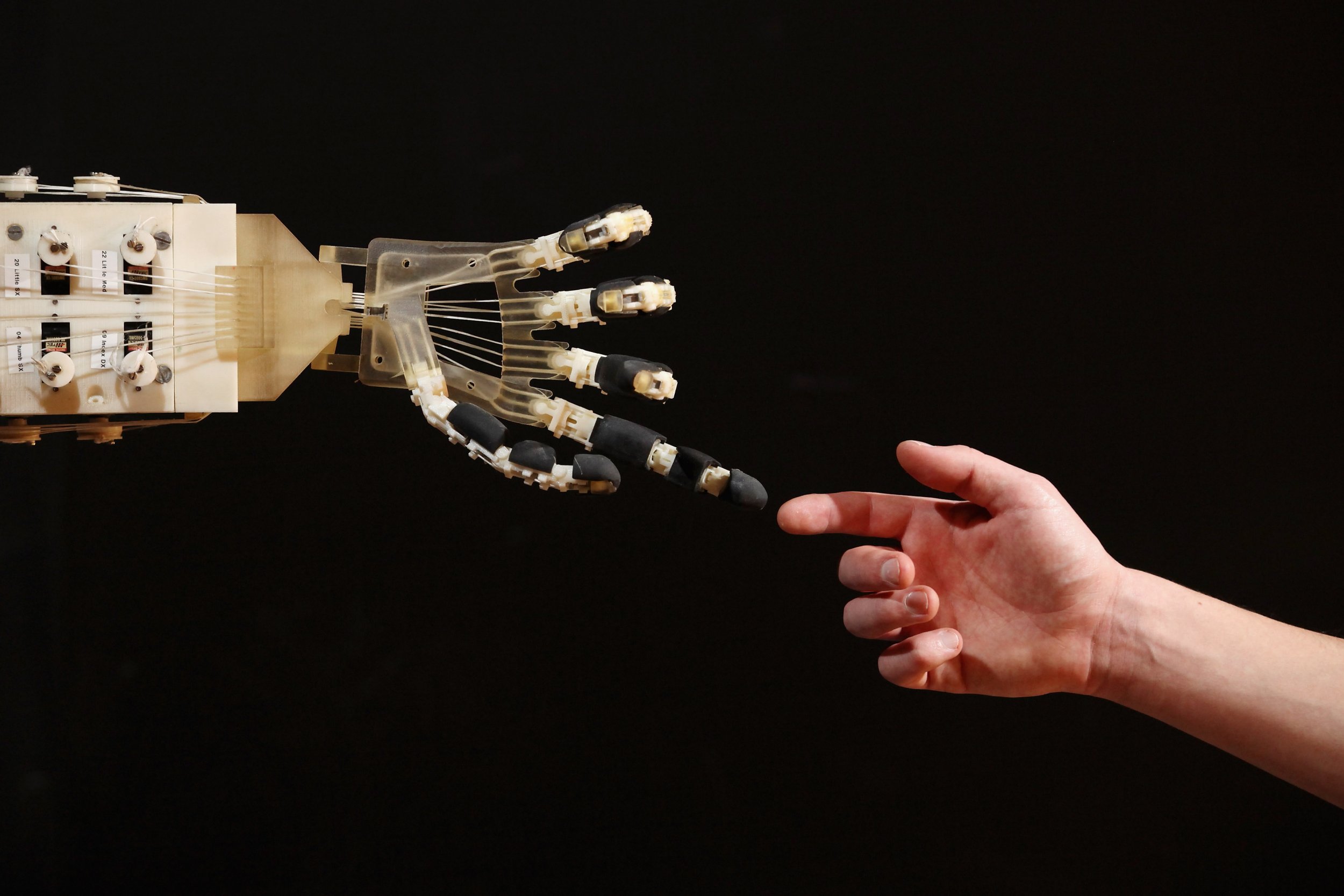
We must protect human workers from robots.
That's the assessment of the Centers for Disease Control which has finally created a new program to study the health risks robots pose to human workers after two decades of robot encroachment on human toil.
The Center for Occupational Robotics will "ensure human workers are protected," the CDC said in a statement. The new group will be the first government entity exclusively dedicated to workplace automatons, who (which?) have killed 61 from 1992 to 2015—more deaths than those caused by sharks, who kill one person every two years in the U.S.
Robot-related deaths will only get worse.
"We suspect fatalities will increase over time because of the growing number of industrial robots being used by companies in the U.S., and from the introduction of collaborative and co-existing robots, powered exoskeletons, and autonomous vehicles into the work environment," Dawn Castillo, director of the National Institute for Occupational Safety and Health's Division of Safety Research and the Center's program manager said in a statement.
It's clear that President Donald Trump's CDC sees a threat to American workers from robots, but the president himself has consistently ignored the robot threat, continuously blaming the loss of good American manufacturing jobs on competition from lower-page foreign workers.
But experts say that automation has dramatically sped the decline of American manufacturing. One study shows that 85 percent of the millions of lost manufacturing jobs were the result of automation, not international trade, Fortune reported.
And the World Economic Forum predicted that robots will result in a loss of more than 5 million jobs across 15 developed countries by 2020—and almost 60 percent of the jobs across Cambodia, Indonesia, the Philippines, Thailand and Vietnam.
During just the first six months of 2016, 14,583 robots worth $817 million were sold to companies around the world, according to the Robotics Industries Association.
Robots have been taking our jobs for 50 years, so why are we worried now? https://t.co/RU6UBmrjpg pic.twitter.com/qcI2ybDMDv
— World Economic Forum (@wef) October 15, 2017
So we know the economic cost, but we don't know the health risks, according to National Institute for Occupational Safety and Health. This new governmental program will "establish risk profiles of robotic workplaces, identify research needs and conduct research to improve the safety, health, and wellbeing of humans working with robots and robotic technologies and support the development and adoption of consensus safety standards," the agency said.
Uncommon Knowledge
Newsweek is committed to challenging conventional wisdom and finding connections in the search for common ground.
Newsweek is committed to challenging conventional wisdom and finding connections in the search for common ground.
About the writer
Christianna Silva is a staff writer for Newsweek covering civil rights with a focus on LGBT issues and police brutality. ... Read more
To read how Newsweek uses AI as a newsroom tool, Click here.








